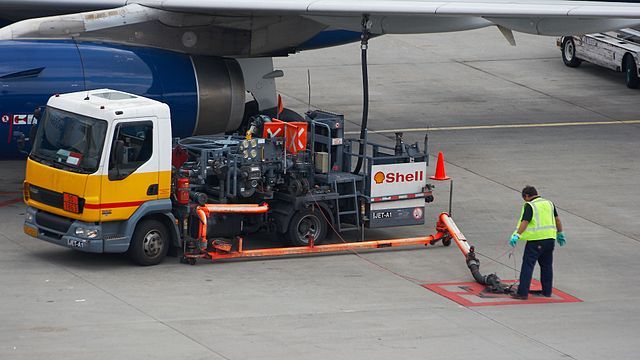Flying is one of the areas that still leaves a relatively large carbon footprint and is seen as something of an environmental sin by ‘green-minded’ people.
All that may be about to change as Per Møller, a Danish professor at DTU, claims it is possible to produce cheap aviation fuel using renewables, reports Ingeniøren.
Professor Møller’s process can clean biogas so cheaply that the diesel, which is used to produce aviation fuel, could cost as little as 4 kroner per litre.
At present, the price of conventional diesel on the US spot market is 2.89 kroner per litre. This means that a flight from Copenhagen to Beijing will be possible, using renewable energy, for only 800 kroner per person more.
READ ALSO: Airline offering “incredibly low” prices from Denmark to the US
Møller has developed his process in co-operation with US companies and the price for ‘green diesel’ is much lower than had been previously estimated by energy consultancy firms.
Too many pollutants in the mix
Biogas has not been considered a suitable source up until now because it contains many pollutants that are difficult to remove economically with conventional cleaning methods.
“If the pollutants are not removed, the catalytic converter in the plant that converts gas to diesel oil is ruined. That’s where I’ve come in, as I’ve developed a continuous electro-chemical method, which has very low running costs,” Møller said.
He believes this method of cleaning biogas might prove to be as important on the world stage as shale gas.
Just a question of money
The process is so far advanced that it is really only a question of the financing. Møller thinks that a one or two-year timescale is realistic in Denmark.
“There are plants on the other side of the Atlantic that produce oil from gas. I’ve just found a way to clean biogas cheaply – the rest was already happening,” he said.
Denmark’s annual consumption of aviation fuel is around 1.2 billion litres, according to Michael Mücke Jensen, the technical and environmental chief of the Energy and Oil Forum. This includes filling up both Danish and foreign aircraft in Denmark.















